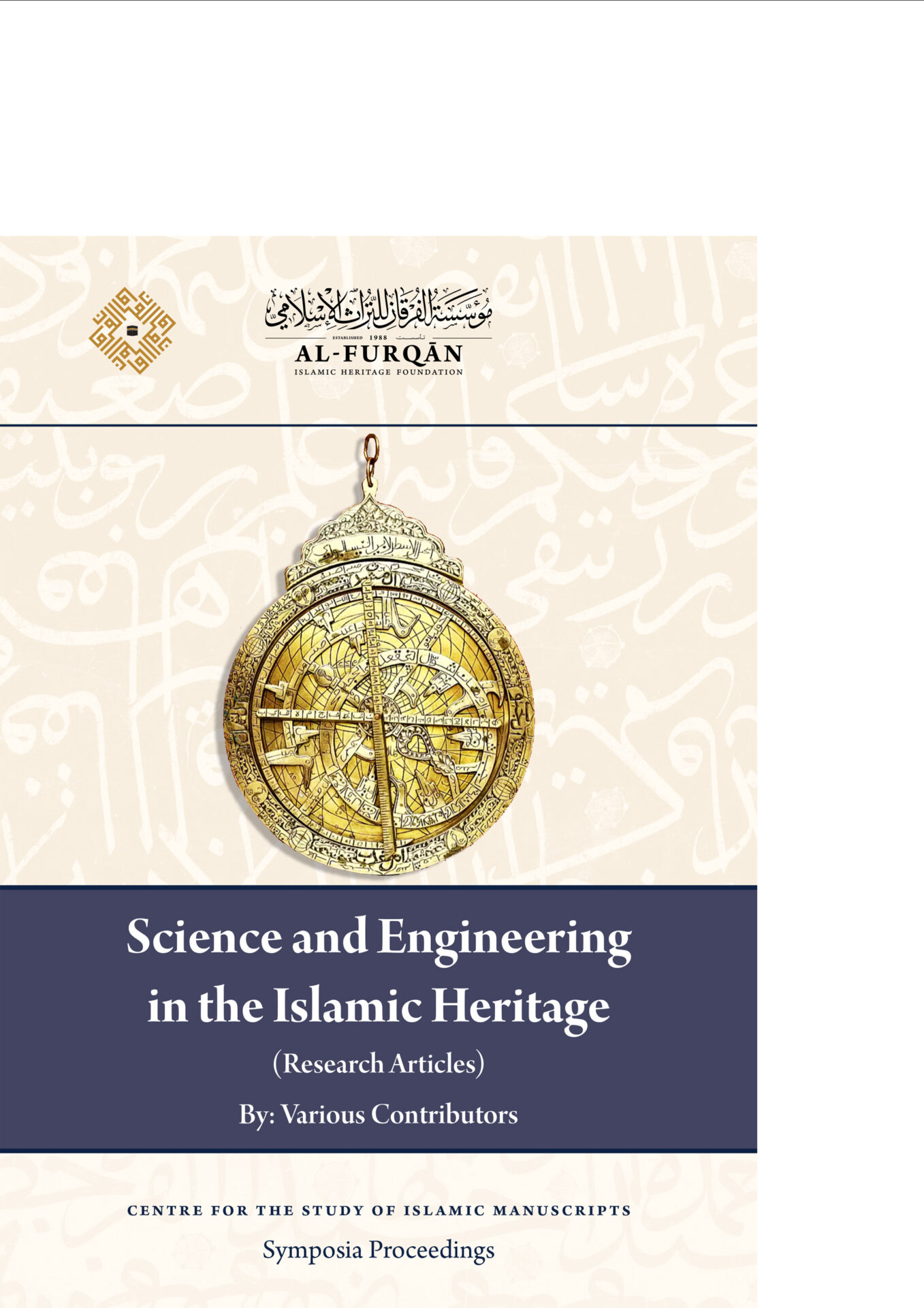Summary
For centuries after the fall of ancient Rome, scientific progress in Western Europe slowed almost to a standstill. In the Muslim world, however, an age of discovery flourished at different times and places, from around the 7th century to around the 18th century. Scholars of various faiths and cultures built and improved upon the knowledge of ancient Egypt, ancient Mesopotamia, Persia, China, India, and the Greeks, making breakthroughs that helped pave the way for the European Renaissance.
Men and women of the past – mathematicians, astronomers, chemists, physicians, architects, engineers, economists, sociologists, artists, artisans, historians, geographers, and educators – often expressed their faith by contributing to society and humanity. They did so with relative open-mindedness and, in many instances, in collaboration with people of other faiths, cultures, and backgrounds. This spirit of cooperation and respect for diversity is a key part of their legacy that we aim to uphold.
This Symposium shed light on some of the contributions of these scholars in different fields, with a particular focus on astronomy, maths, physics, optics, engineering, instruments (such as clocks and astrolabes), etc., highlighting the major legacy and texts left by some of the pioneering scholars in this field.
Furthermore, the Symposium explored ways to bring such contributions into the public domain to enhance intercultural respect.



Reviews
There are no reviews yet.